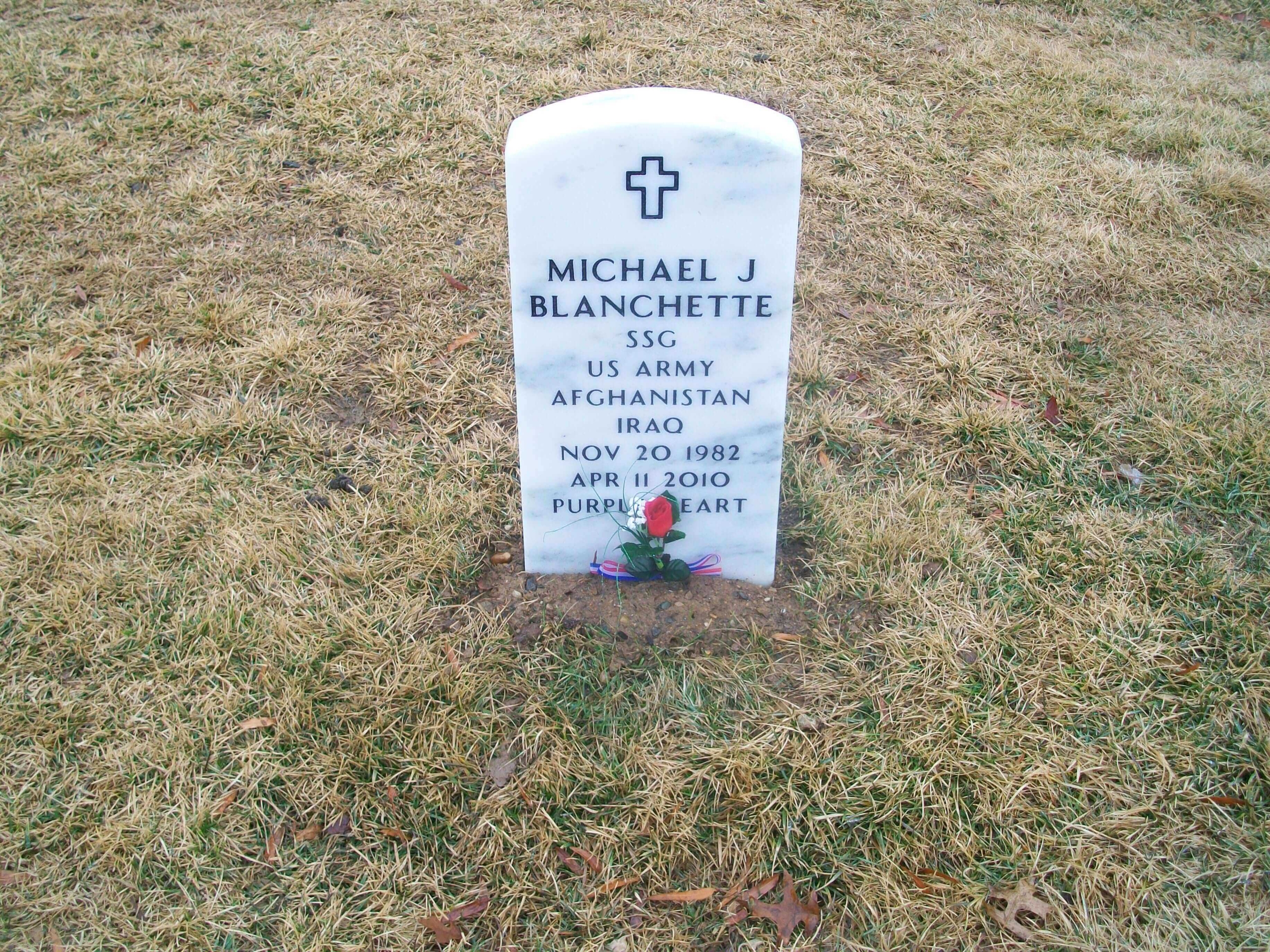On a late September afternoon last year, Captain James Pope climbed a hill that offered a sweeping view of the Arghandab Valley. He gazed on thousands of acres of irrigated farm fields and orchards that faded into a dusty, mountain-ringed desert.
Pope, a North Carolinian with a reputation as a hard charger, commanded a company of soldiers from the Western Washington-based 1st Battalion, 17th Infantry Regiment.
The 1st Battalion sustained one of the highest casualty counts of any similar-sized Army unit in the nearly nine-year conflict in Afghanistan. By the time the battalion headed home this summer, 22 soldiers had died there and more than 65 had been wounded.
And some bore emotional and physical scars from previous duty. Staff Sergeant Michael Blanchette, a Southern California soldier with an encyclopedic knowledge of Stryker vehicles, got tapped to command Captain Pope’s vehicle.
He had survived a hellish year of urban combat in Mosul, Iraq, including a bomb explosion that left shrapnel lodged in his head. He also anguished over firing at a car that failed to slow down at a traffic checkpoint. His shots killed a pregnant woman, he later told family members.
Several months before the Strykers’ 2009 departure, Blanchette, at home, was acting erratically. He seemed reluctant to deploy and was physically abusive.
“I went down to the brigade office and told them my husband was out of control and he needed help,” recalled his wife, Elizabeth Blanchette.
Blanchette was ordered to attend alcohol-treatment and parenting classes, and a gun was removed from his home.
In July 2009, along with the rest of the battalion, Blanchette headed to the Arghandab Valley.
In December, 1st Battalion soldiers got bitter news. The soldiers were ordered to leave their Arghandab positions and turn over Combat Outpost Outlaw and other outposts to a battalion of the 82nd Airborne Division, a North Carolina-based unit.
The valley was hallowed ground, where their buddies had bled and died. Now, they were being shunted aside and transferred to a new, tamer area.
“It felt like getting punted from the first string to the sidelines,” one Bravo Company soldier said.
Pope argued against the transfer, taking his case directly to a NATO general. “I thought we had turned the tide,” Pope recalled. “I said, ‘I know the enemy, and I know the terrain.’ But nobody outside the brigade would listen to me.”
But there were doubts about the battalion’s performance. In an interview with The New York Times, Kevin Melton, a U.S. Agency for International Development official, recalled lecturing Stryker officers: “You guys are enemy-centric and that’s not what this is about.”
In the winter, 1st Battalion soldiers settled into a new routine of patrolling roads and aiding villagers. Most were in the quieter Shah Wali Kot district, just north of the Arghandab. Their work included painting a school, organizing a project to clean out and rebuild a canal, and holding a free medical clinic. They also trained Afghan army soldiers and police.
But for some soldiers, removed from their old terrain, morale plummeted along with the chilly night temperatures.
“We are infantry. We are trained to close and destroy the enemy,” said Sergeant Ryan Sharp. “Regardless of what anyone says, that is our job. When we go out and paint the schools, in the back of our mind is ‘where are the bad guys?’
They were also frustrated by new restrictions on their conduct.
They were supposed to remove sunglasses when talking with an Afghan, keep their convoys from backing up local traffic, and take other steps to improve relations with villagers.
And NATO commanders preached the virtues of “courageous restraint,” which meant sometimes refraining from firing a weapon even when soldiers believed their lives might be in danger and could justify shooting.
“It kind of got to the point of, ‘What are we doing here?’ ” Pfeil said.
All year long, the battalion’s soldiers trickled back to the United States for two weeks of precious home leave. In early April, that time had come for Michael Blanchette.
As commander of Captain Pope’s Stryker vehicle, Blanchette had developed a reputation as a quiet, reliable soldier.
After returning to base, he often preferred to curl up in the Stryker and sleep rather than retire to a tent.
“He just felt the Stryker was his home and that’s where he should be. It was strange to the crew,” Pope recalled. “But that’s the way he liked it.”
Occasionally, amid the chatter of the Stryker crew, Blanchette would talk about his daughter, a 2-year-old with dark hair and deep brown eyes.
Arriving back in Western Washington for leave, Blanchette initially seemed upbeat. But his mood soon turned dark. He drank too much vodka, according to Elizabeth, his wife. He also talked about the rigors and risks of duty in Afghanistan, and complained that his work didn’t get enough respect.
On the evening of April 11, 2010, Blanchette reached for his pistol.
“I got one bullet; goodbye,” he told his wife, who tried desperately to persuade him to put the weapon away.
Then the gun went off.
Back in Afghanistan, the unit gathered for a memorial service to honor Blanchette.
“I know that an Army life can take a toll,” Pope said. “As we move forward … I just hope that something can be learned from Sergeant Blanchette’s death.”
Commanders debated whether Blanchette could be put on the official list of battalion casualties. He was not.
BLANCHETTE, MICHAEL J
SSG US ARMY
AFGHANISTAN, IRAQ
- DATE OF BIRTH: 11/20/1982
- DATE OF DEATH: 04/11/2010
- BURIED AT: SECTION 60 SITE 9470
ARLINGTON NATIONAL CEMETERY
Michael Robert Patterson was born in Arlington and is the son of a former officer of the US Army. So it was no wonder that sooner or later his interests drew him to American history and especially to American military history. Many of his articles can be found on renowned portals like the New York Times, Washingtonpost or Wikipedia.
Reviewed by: Michael Howard

